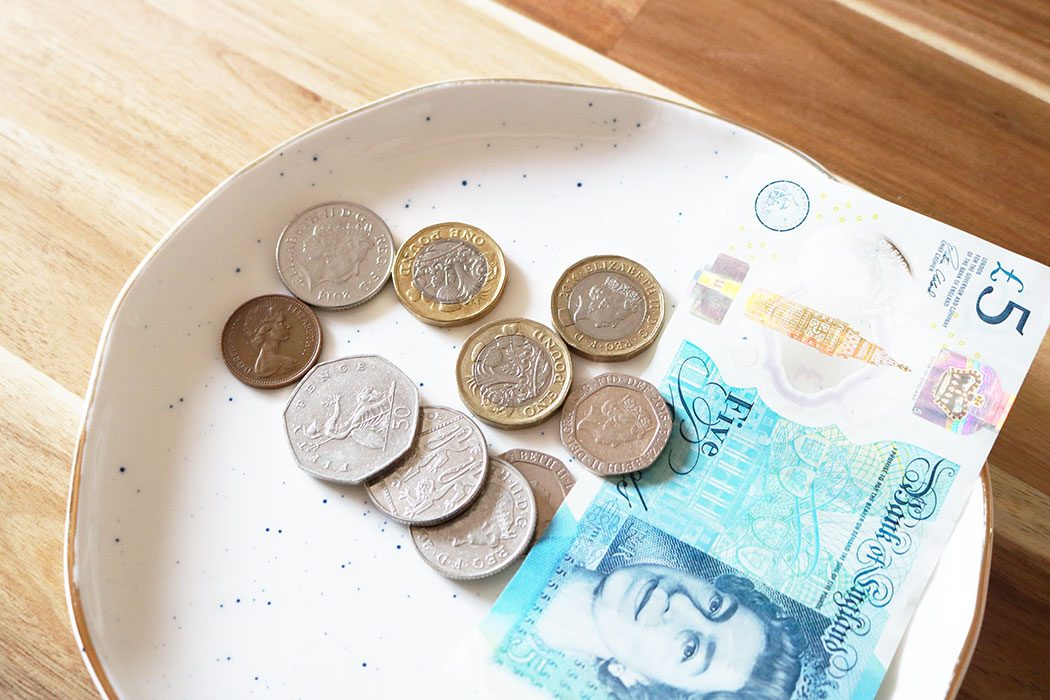“Young adults” usually refers to people aged between 21 and 30, but it can also mean anyone who’s recently graduated and is starting their career or maybe saving up for their first home. This age group could be seen as one of the most carefree because it’s (generally) no longer studying and hasn’t usually got a mortgage and children just yet. Although the members aren’t exactly rolling in money, they’ll have few serious commitments so there’s some spare cash to play with and to save.
Disclaimer: ADVERTORIAL FEATURE.
This means that this age group is in a great position to start some sort of investment campaign. The younger someone is when they start to invest, the longer that money is there in their vehicle, working for them. Realistically, money that’s saved in someone’s 20s will be working hard for at least 40 years!
It starts with paying off debts – Interest is an amazing thing as it makes invested money grow. It also makes borrowed money grow, or else lenders wouldn’t lend! The faster a loan, overdraft or mortgage is paid down or off, the less time it has to pump out all that interest. While this looks like spending rather than investing, it actually means that some of the money that would be lost to interest is retained!
Recognise that money is just a tool – Money isn’t a big amorphous mass that you claim after a hard month’s work. It’s there to be manipulated and used for things aside from rent and Prosecco. It can actually be used to improve lifestyle and prospects in the long-term (which means beyond the next glass of fizz) so that the future is more secure. It doesn’t matter whether someone places a regular amount into an investment fund or heads here to buy another silver ingot, the point is that they’re making their money work for them.
It really doesn’t matter if the amounts are small – If someone in their twenties can only afford to squirrel away 5% of their monthly salary it’s not a big deal. After all, that 5% will be using compound interest for the next 40 to 45 years to grow and grow. Every single dollar matters and no deposit is too small.
Aim higher after a few years, though – When that someone hits their thirties, they need to save around 10% of their salary each month, then in the next decade, it should be 20%. What’s great about this is that people generally earn more and also get bonuses as they get older, so even if 20% goes into an investment each month, there’s still loads to play (or, more realistically, pay the mortgage) with.
It’s important to make personal investments, too – Money isn’t the be-all and end-all. People are an important resource and a human generally has more control over themselves than they have over the economy and money. This means that each person should aim to improve themselves as they go along. This could be by learning a new language, a new data package or an advanced first aid course. Every investment, no matter what it is or how big it is, pays off in the end.





